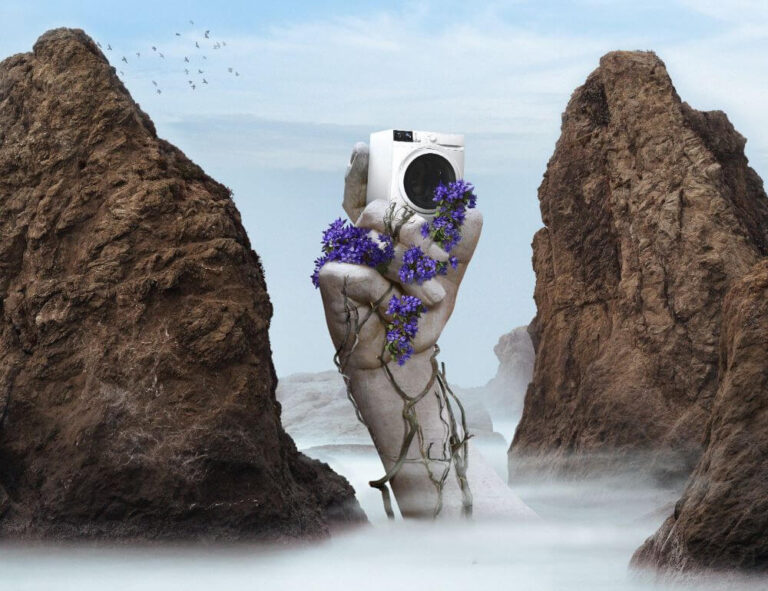The evolution of technology has always had a profound impact on various industries, and photography is no exception. With advances in machine learning, photographers now have access to innovative tools that can enhance creativity, streamline workflows, and improve the quality of images. This article explores how machine learning is transforming photography, making it more accessible and efficient than ever before.
Machine Learning Algorithms in Photography
Machine learning employs algorithms that mimic human learning by recognizing patterns in data. In photography, these algorithms can analyze and adjust images to enhance quality. This technology takes the guesswork out of adjustments, allowing photographers to focus on their artistic vision rather than technical details.
Moreover, artificial intelligence and machine learning can improve the capabilities of image editing software. With just a few clicks, photographers can remove an object from a picture or achieve complex edits. This saves time and opens up new avenues for creative expression, allowing photographers to bring their visions to life more effectively.
Automated Editing Tools for Photographers
One of the most notable changes in photography is the introduction of automated editing tools powered by machine learning. These tools analyze images to suggest enhancements, cropping options, and other adjustments tailored to each shot. By automating these processes, photographers can drastically reduce their editing times, allowing them to produce more work without sacrificing quality.
Adobe’s object removal tool exemplifies this innovation, enabling photographers to effortlessly remove unwanted elements from their photos while maintaining visual harmony. Furthermore, these tools often learn and adapt to the user’s personal style over time. As a photographer continues to work with the software, the suggestions become increasingly aligned with their aesthetic preferences, resulting in a more cohesive body of work.
Enhancing Image Quality and Resolution
Machine learning is also vital in enhancing image quality, particularly in low-light situations or when working with older, low-resolution images. Image processing algorithms can intelligently improve clarity and detail, effectively upscaling images without losing quality. This capability enables photographers to salvage and breathe new life into older photos.
Traditional methods could sometimes lead to loss of detail, but advancements in AI-driven solutions preserve critical image features while reducing unwanted noise. Such enhancements ensure that photographers can achieve impressive results even when working under challenging conditions.
Personalization in Photography
Personalization has become a significant trend in photography, and machine learning is pivotal in this shift. Through analyzing user preferences and behavior, algorithmic solutions can recommend personalized content, styles, and editing techniques.
Moreover, this personalization extends to marketing and distribution. With machine learning, photographers can understand market trends and audience preferences, allowing them to tailor their work for specific demographics. This strategic approach maximizes the reach and impact of their images, making it easier to promote their work effectively.
The Future of Machine Learning in Photography
As the photography landscape continues to evolve, the role of machine learning is expected to grow even more significantly. Future innovations may include advanced features such as real-time image enhancement and seamless integration between hardware and software. Photographers might soon be able to capture images with built-in AI capabilities that enhance shots as they are taken.
Moreover, ethical considerations will play a crucial role in the future of machine learning in photography. Discussions around authenticity and the impact of AI on creative industries will shape how photographers and technologists collaborate. This ongoing dialogue will ensure that while machine learning drives innovation, it does so with respect for artistic integrity and authenticity.
Machine learning has revolutionized the photography industry by enhancing image quality, streamlining editing processes, and enabling personalization. Photographers now have tools that save time and expand their creative possibilities. As technology advances, the relationship between artists and their tools will only deepen, paving the way for exciting developments in photography.


